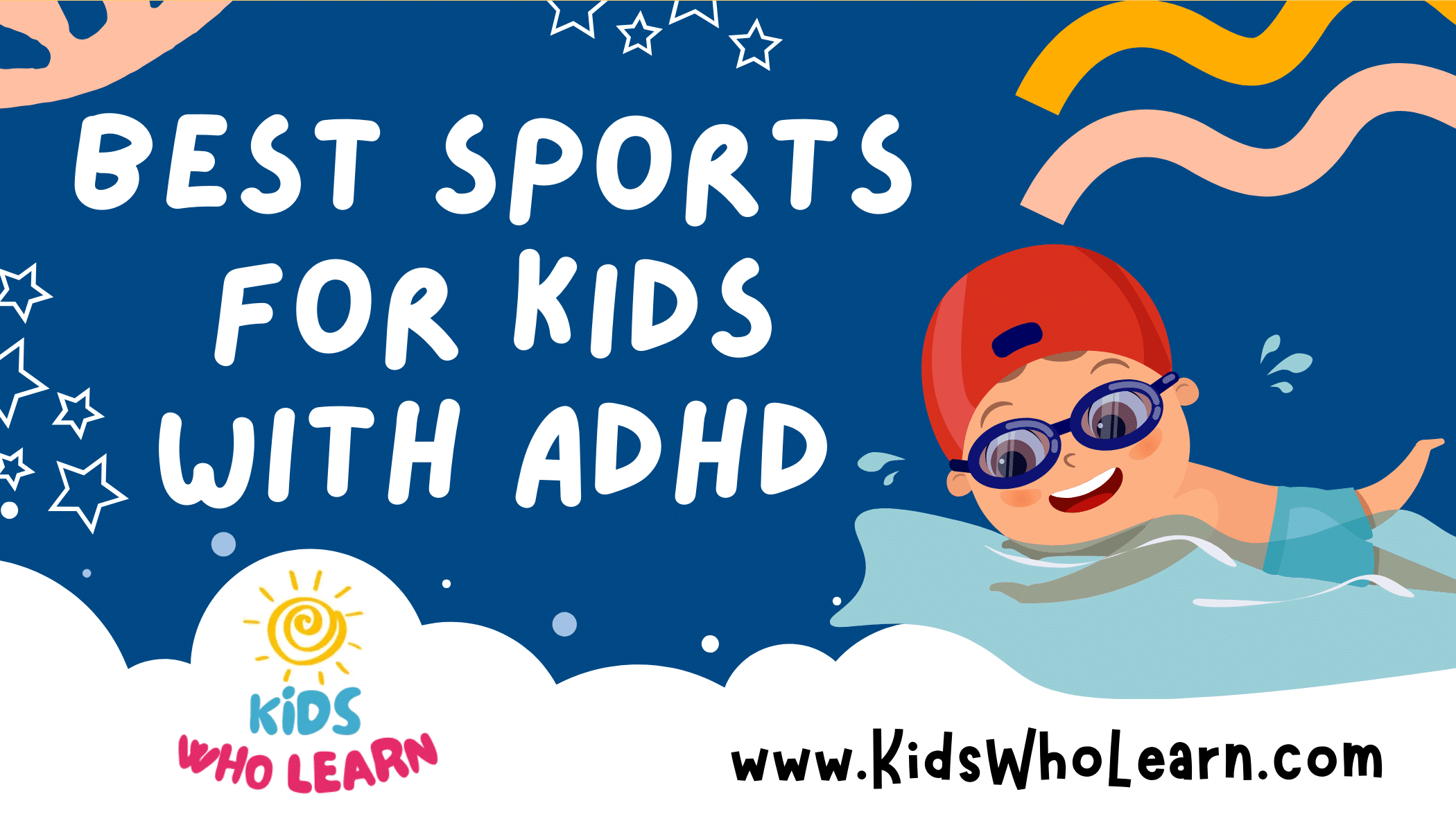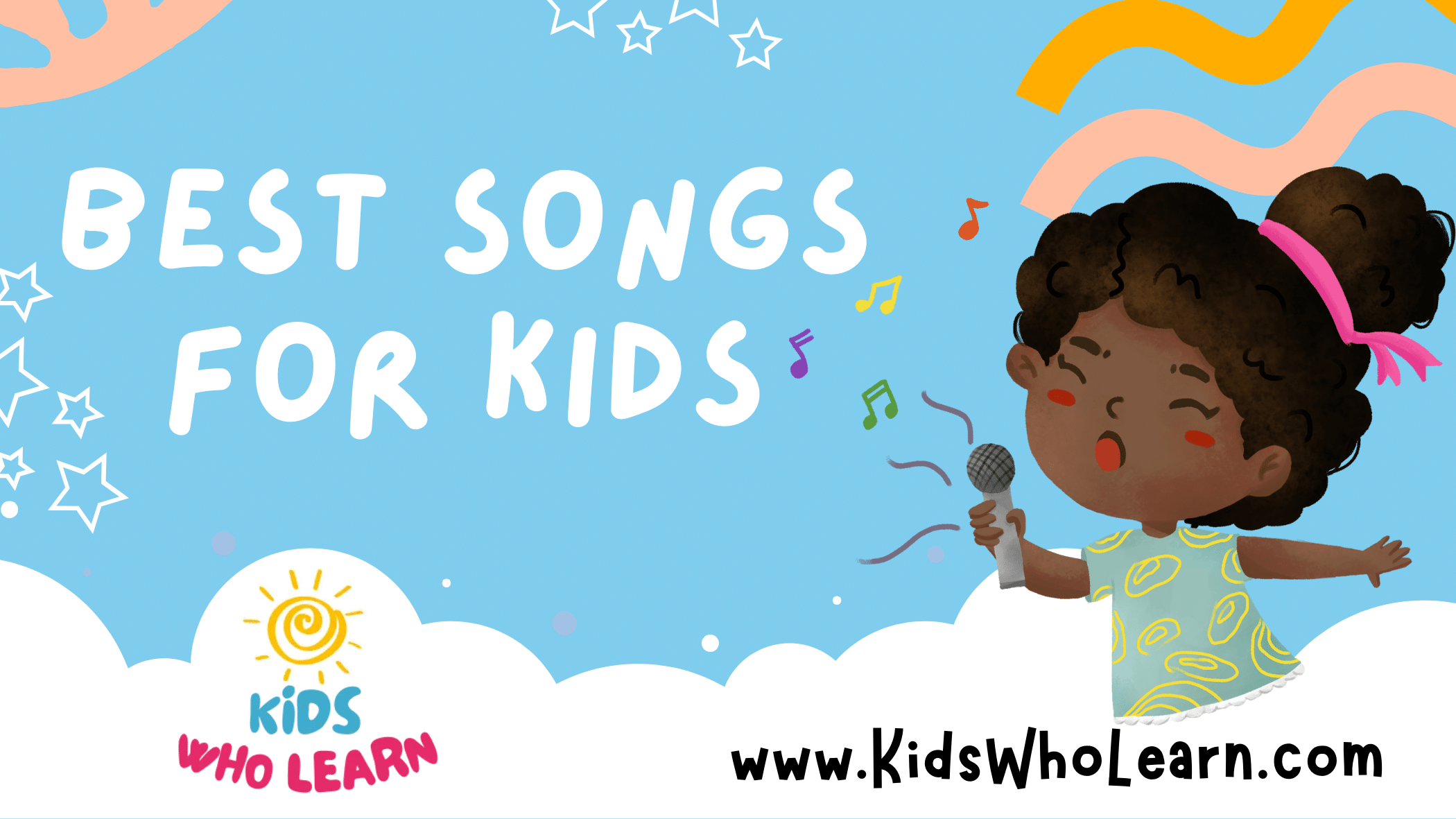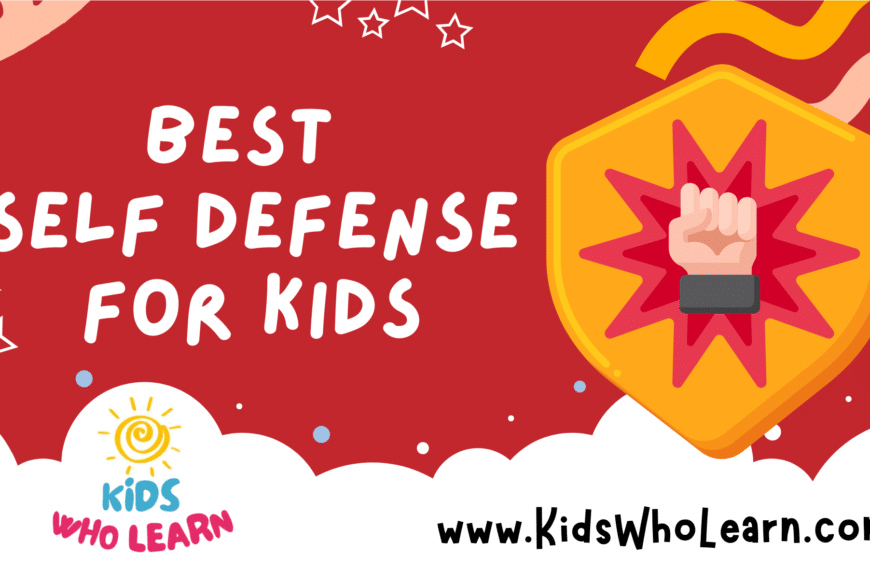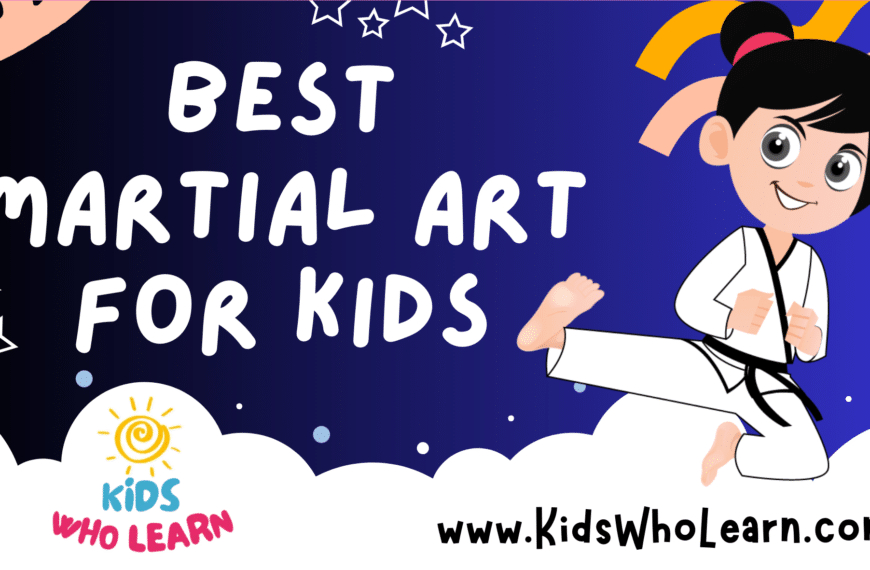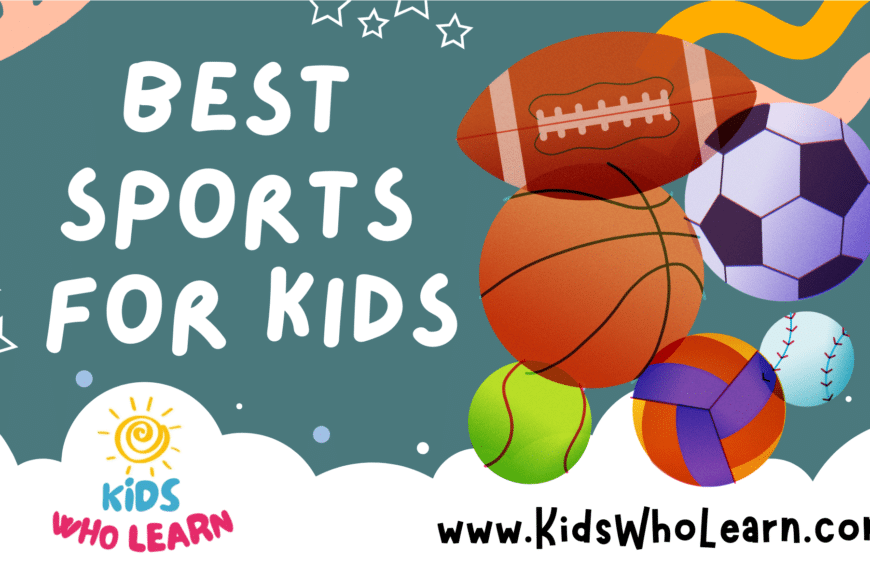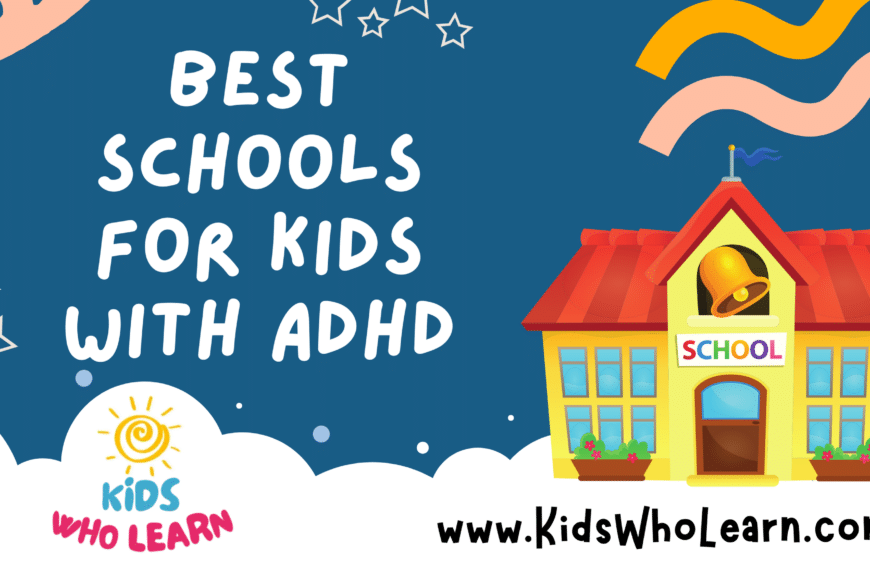Selecting the right sport for a child with ADHD involves understanding how certain athletic activities can cater to their energy levels, attention spans, and need for structure. Sports can provide a structured outlet for the boundless energy often associated with kids with ADHD, promoting better focus, physical health, and social skills. The key is to find an activity that keeps a child engaged, offers enough stimulation to prevent boredom, and provides a positive environment for their development.
Children with ADHD may thrive in sports that allow for constant motion and offer immediate feedback. Team sports with a fast pace can provide a social framework that encourages cooperation and communication, while individual sports can help in developing personal discipline and a sense of achievement. With the right approach and understanding, sports can play a significant role in managing ADHD symptoms and enhancing a child’s ability to concentrate and interact with others.
Key Takeaways
- Sports can help manage ADHD symptoms by providing structured physical activity.
- Activities with consistent movement and quick feedback are beneficial for engagement.
- A positive and understanding sports environment is crucial for a child’s social and personal development.
Benefits of Sports for Kids with ADHD
Participating in sports offers children with ADHD the chance to harness their energy, enhance their focus, and improve their social skills. This can be a complementary approach to traditional ADHD treatment strategies.
Exercise and ADHD Symptom Management
Exercise is a key component in managing ADHD symptoms. The Centers for Disease Control and Prevention (CDC) underscores the importance of regular physical activity in children, particularly for those with ADHD, as it can reduce the severity of symptoms such as hyperactivity and inattention. Sports encourage kids to engage in consistent exercise routines, which can lead to better overall behavior and may even complement ADHD medication, reducing the need for higher dosages.
Improving Focus and Concentration
Sports require and cultivate sustained attention and concentration. Participating in sports can train children with ADHD to focus on specific tasks and goals during the game. This improved focus can carry over to other areas of their lives, including schoolwork and daily tasks. Additionally, individual sports or those with repetitive motions can especially aid in enhancing concentration.
Building Social Skills and Teamwork
Children with ADHD often face challenges with social skills and teamwork. Sports create a structured environment where these skills can be practiced and strengthened. Team sports foster a sense of community and collaboration. They also teach children about respect, empathy, and discipline, helping them to form meaningful relationships and work well with others.
Enhancing Self-Esteem and Confidence
Sports participation can boost a child’s self-esteem and confidence. Achieving success and overcoming challenges in sports can validate their efforts, showing them that they can succeed in other areas of life, too. Fitness improvements and coordination gains also help children feel more comfortable in their own bodies, contributing to a more positive self-image and better management of ADHD-related frustration and anxiety.
Recommended Sports for ADHD
Participating in sports can provide a structured environment for children with ADHD, allowing them to channel their energy and enhance their focus. Each sport offers unique benefits that cater to the needs of these children, from improving motor skills to developing social connections.
Martial Arts: Discipline and Respect
Martial arts like tae kwon do and karate offer a combination of routine and physical activity that is beneficial for you. Here, the emphasis on discipline, respect, and rituals helps establish order, which can be particularly grounding. Experienced coaches provide the necessary guidance to help maintain focus.
- Controls: Balance, Coordination
- Order: Rituals, Discipline
- Skills: Respect, Focus
Swimming: Individual Focus and Structure
Swimming requires a blend of individual effort and team participation when you’re part of a swim team. The sport’s inherent structure enhances your capacity to concentrate on personal performance without the distractions of a team dynamic. Notable swimmers like Michael Phelps, who has ADHD, have found great success and focus in the water.
- Environment: Individual, Team
- Structure: Laps, Timed Sessions
- Benefits: Personal Progress, Reduced Distractions
Track and Field: Personal Progress and Energy Management
Whether it’s sprinting, hurdles, or cross country, track and field sports are excellent for managing excess energy and improving your personal bests. You can push your limits without direct competition, allowing for intrinsic motivation in events like the 100-meter dash or the long jump.
- Activity: Sprints, Jumps, Throws
- Goal: Personal Best, Stamina
- Energy Use: High-Intensity Bursts, Endurance
Team Sports: Cooperation and Social Engagement
Team sports such as soccer, basketball, baseball, and ice hockey encourage you to engage with others, teaching the importance of cooperation and social interaction. They also offer a variety of field positions, each requiring different skills and offering you a unique place in a structured group setting.
- Teamwork: Communication, Strategy
- Variety: Different Positions, Skills
- Social: Group Dynamics, Friendship
Gymnastics and Dance: Coordination and Control
For those looking for a non-conventional sport, gymnastics and dance emphasize precision, grace, and control. Focusing on routines improves balance and motor skills, and the constant striving for technical perfection provides an excellent outlet for managing ADHD symptoms.
- Focus: Routine Memorization, Precision
- Physical Skills: Balance, Flexibility
- Mental Skills: Concentration, Perseverance
Strategies for Success in Sports
To ensure children with ADHD thrive in sports, choosing the right athletic activity is vital for managing inattention and hyperactivity, while coaching methods and encouragement play a key role in their success.
Selecting the Right Sport for Your Child
Find a sport that matches your child’s pace. Sports with continuous action like swimming—think Michael Phelps—can be beneficial for children with ADHD due to their constant engagement. Quick-paced games help in maintaining attention and reducing impulsivity.
- Consider individual sports where your child can focus on competing against themselves, fostering self-discipline.
- Team sports provide structure; however, ensure your child won’t “warm the bench,” which could lead to frustration and disinterest.
Effective Coaching Techniques for ADHD
Coaches serve as pivotal figures, providing guidance and structure. Their approach can significantly affect your child’s sports experience.
- Coaches should emphasize order and discipline, utilizing clear, concise instructions to minimize confusion and help children follow directions.
- Employ drills that improve focus and offer immediate feedback to correct impulsive behaviors.
Positive Reinforcement and Motivation
Keeping your child motivated is essential. Positive reinforcement bolsters their confidence and reduces the likelihood of frustration.
- Celebrate achievements, no matter how small, to encourage respect for the sport and themselves.
- Avoid comparisons with others; instead, highlight personal improvements to sustain motivation and promote a growth mindset.
Setting Realistic Goals and Expectations
Realistic, attainable goals are fundamental to prevent discouragement and build frustration tolerance.
- Begin with simple, achievable objectives to ensure early successes and boost enthusiasm.
- Gradually increase difficulty, ensuring that goals align with your child’s abilities, fostering a sense of accomplishment.
Overcoming Challenges in Sports Participation
In sports, your ADHD can introduce unique challenges, such as maintaining focus or controlling impulses, which can affect your participation and performance.
Coping with Inattention and Hyperactivity
When managing hyperactivity and inattention, establish a structured routine involving short, varied drills that keep you engaged. Break tasks down into smaller, more manageable segments and use visual cues to help maintain attention on the field positions required of you. For example:
- Drill 1: Dribbling (5 mins)
- Drill 2: Passing (5 mins)
- Break/Stretch (2 mins)
Pair this with consistent rituals before practices and games to establish predictability, which can help in harnessing your hyperactivity towards the task at hand.
Dealing with Frustration and Low Tolerance
To address frustration and low frustration tolerance, set realistic, achievable goals that focus on competing against oneself rather than others. Celebrate small victories, like improving personal grades in a skill, to build confidence.
- Goal: Make 10 consecutive free throws
- Reward: Extra game time
Moreover, learning self-regulation techniques can help you remain in control when situations on the field become challenging.
Learning to Follow Directions and Team Dynamics
Improving your ability to follow directions may involve working closely with a coach that understands the coaching dynamic required for a child with ADHD. Clear, concise directions with a step-by-step approach can increase your understanding and execution of plays. Building respect for authority figures and teammates is crucial; it can be fostered through role-playing exercises which highlight the importance of each team member’s role.
Learning team dynamics also means knowing when to lead and when to support, enhancing your ability to function within a team without juggling too many competing impulses. It may mean practicing patience and recognizing times when you may need to warm the bench as an opportunity to observe and learn, rather than a setback.
Additional Considerations
When exploring the best sports for your child with ADHD, it’s important to take into account how medication, academic demands, and safety protocols can influence their sports experience. These factors are crucial for ensuring a positive and beneficial involvement in athletics.
Impact of ADHD Medication on Sports Performance
Your child’s ADHD medication may have both positive and negative effects on their sports performance. Stimulant medications, which are commonly prescribed for ADHD, can improve focus and reduce impulsivity during games and practices. However, it’s also important to monitor for any side effects, such as increased heart rate or anxiety, which may interfere with physical activity.
- Monitor Closely: Keep track of how your child responds to medication during physical activity.
- Consult Healthcare Providers: Always discuss any concerns with your child’s doctor to adjust medication timing or dosage if necessary.
Balancing Sports with Educational Demands
Participating in sports should not be at the expense of your child’s academic success. Collaborate with teachers to ensure that your child remains on track with their grades.
- Schedule Wisely: Prioritize time management to balance homework and sports commitments.
- Open Communication: Encourage your child to engage with coaches and teachers regarding their ADHD and any learning disabilities to foster a supportive environment.
Safety and Injury Prevention in Young Athletes
Maintaining safety in sports is paramount. Your child’s impulsivity and inattention due to ADHD symptoms could increase the risk of injuries. Emphasize the importance of:
- Proper Equipment: Always use protective gear suited for the specific sport.
- Rule Adherence: Teach your child to follow sports rules which are in place to keep them safe.
- Consistent Supervision: Coaches should be aware of your child’s challenges and provide appropriate supervision.
Nutrition and Lifestyle
Proper nutrition and a consistent lifestyle play a pivotal role in managing ADHD, especially for children engaged in sports.
Diet and Nutrition for Active Kids with ADHD
A balanced diet for children with ADHD is vital for maintaining energy levels and focus during physical activity. Protein is essential for brain function and can aid in medication efficacy. Try to include it in every meal, especially breakfast. Sources of protein include:
- Eggs
- Lean meats
- Nuts
- Beans
Complex carbohydrates are equally important as they are digested more slowly and can have a less dramatic effect on blood sugar, which may help manage ADHD symptoms. Aim to incorporate:
- Whole grains
- Fruits
- Vegetables
Adding plenty of omega-3 fatty acids, which are found in fish such as salmon and tuna, can be beneficial for brain health. Remember to monitor sugar intake, as excessive sugar can lead to energy spikes followed by crashes, potentially exacerbating ADHD symptoms.
Discuss any major dietary changes with a pediatrician or dietitian to ensure they are safe and appropriate for your child’s specific needs.
Importance of Routine and Healthy Habits
Structure and routine are critical for children with ADHD to thrive, including in their involvement with sports. Schedule consistent times for meals, homework, exercise, and sleep to provide the predictable environment that can help manage ADHD symptoms.
Encouraging regular physical activity helps with maintaining focus and reducing excess energy. Sports for kids with ADHD should involve:
- Clear rules
- Active participation
- Opportunities for success
Daily routines should also include time for winding down and rituals like reading or bathing that signal it’s time to sleep. Adequate rest is essential for cognitive functions and overall health.
Incorporate these lifestyle habits into your child’s regimen to support their sports endeavors and help manage their ADHD symptoms effectively.
Resources for Families
When looking for suitable sports programs and support for your child with ADHD, it’s crucial to find resources that foster teamwork, enhance social skills, and provide expert guidance.
Finding Local Sports Programs and Leagues
To discover local sports programs that are beneficial for children with ADHD, start by consulting with your pediatrician. They can often recommend activities known to improve focus and teamwork. Additionally, contact your community’s parks and recreation department or visit their website for a list of youth sports leagues. Look for coaches and programs that emphasize:
- Inclusivity: Ensuring all children have the opportunity to participate.
- Structure: Offering consistent routines and clear expectations.
A structured environment helps children with ADHD thrive by setting boundaries and offering predictability, which can enhance their focus and engagement in team activities.
Connecting with ADHD Support Groups
Joining ADHD support groups provides a wealth of information and communal advice for your family. These groups can be found through:
- National or local ADHD organizations, such as CHADD (Children and Adults with Attention-Deficit/Hyperactivity Disorder).
- Social media platforms, which often have dedicated groups where families share experiences and tips.
In these groups, you can connect with other parents whose children participate in sports and obtain advice on approaching coaches and leagues that accommodate the unique needs of kids with ADHD. Furthermore, engagement with these support communities builds a network of understanding individuals who can offer real-time guidance and support.
Frequently Asked Questions
Selecting the right sports for children with ADHD involves understanding their unique needs and how certain activities can cater to them. Here’s what you need to know.
What types of sports are suitable for children with inattentive ADHD?
For children with inattentive ADHD, individual sports like martial arts, swimming, or gymnastics may be beneficial. They allow the child to focus on personal goals and self-improvement without the added pressure of group dynamics.
How does participation in team sports affect children with ADHD?
Team sports can help children with ADHD learn social skills and cooperation. The structure and clear rules of games like soccer or basketball provide a framework that can help improve focus and discipline.
What can be done if a child with ADHD is struggling with traditional sports programs?
If a child with ADHD struggles with traditional sports, consider alternative programs that offer adaptable rules and lower pressure environments. Sports like track and field or tennis can be modified to accommodate their needs and allow them to succeed at their own pace.
How does ADHD impact a child’s sports performance and how can parents support them?
ADHD may lead to difficulties with concentration and impulsivity in sports. Parents can support their child by encouraging consistent practice, praising their efforts, and communicating with coaches to ensure their child’s needs are met.
What indoor activities are beneficial for children with ADHD?
Indoor activities like rock climbing or dance offer controlled environments where children with ADHD can develop skills such as balance and coordination while staying active and engaged.
Are there specific exercises or sports that are recommended for improving the focus and behavior of children with ADHD?
Sports that incorporate a cognitive component, such as martial arts or yoga, can be particularly effective for improving focus and behavior in children with ADHD. They teach mindfulness and self-control, which can transfer to other areas of life.

